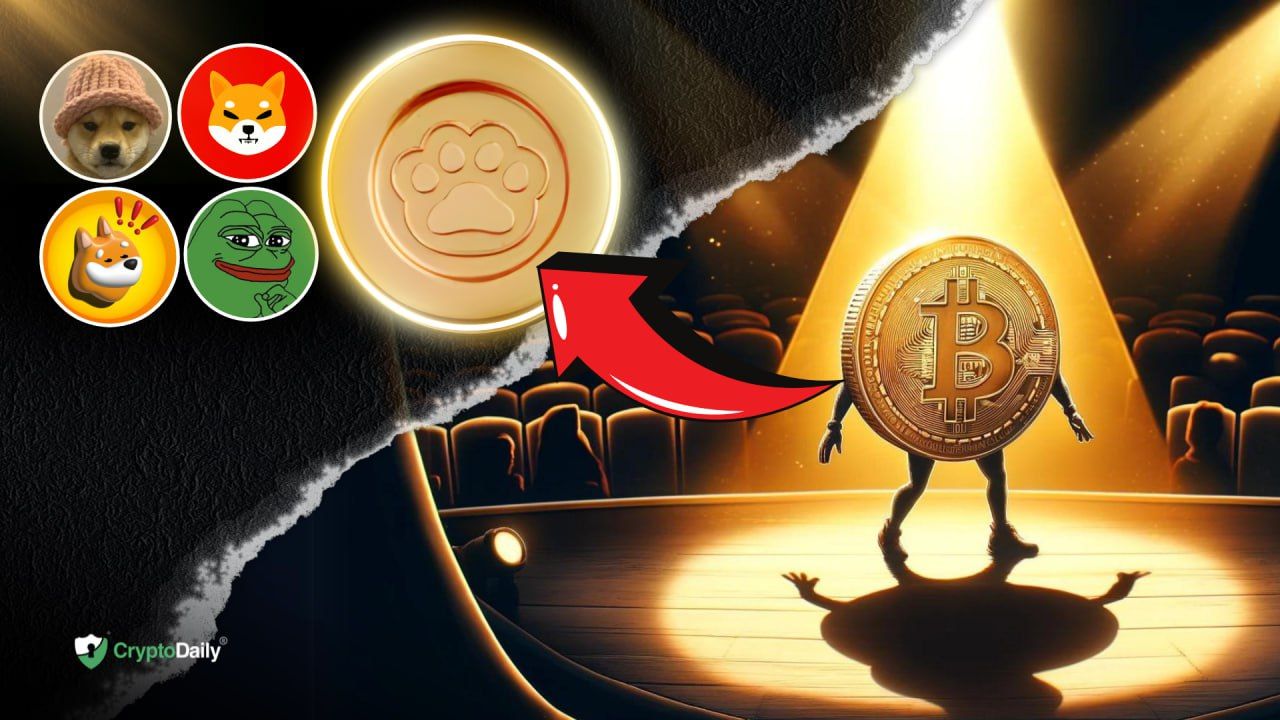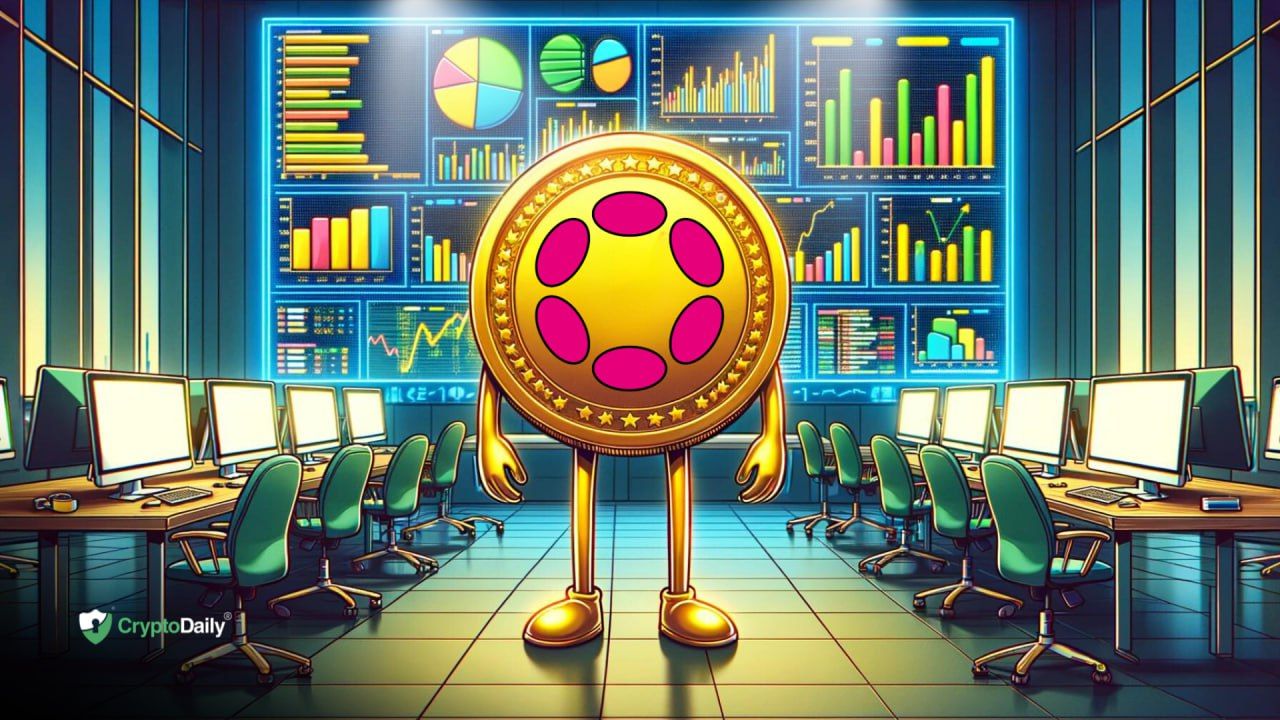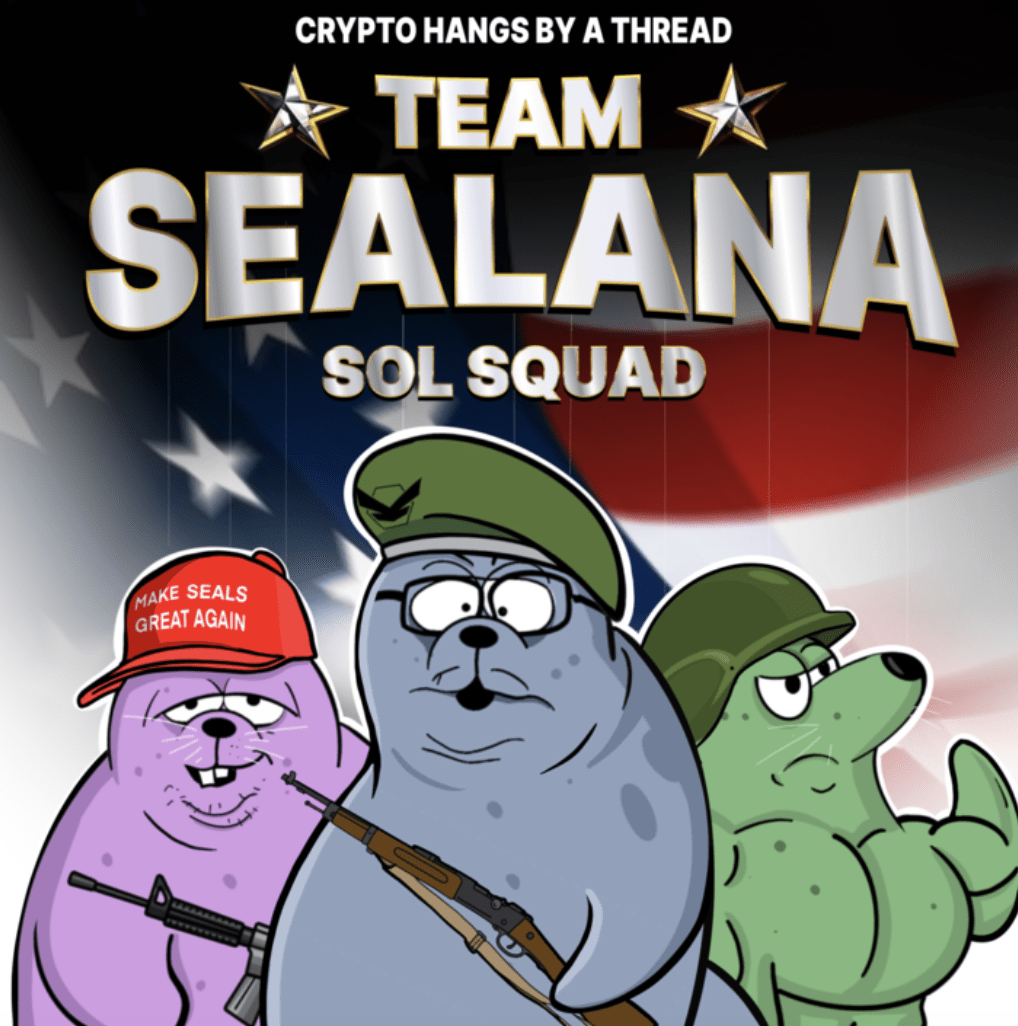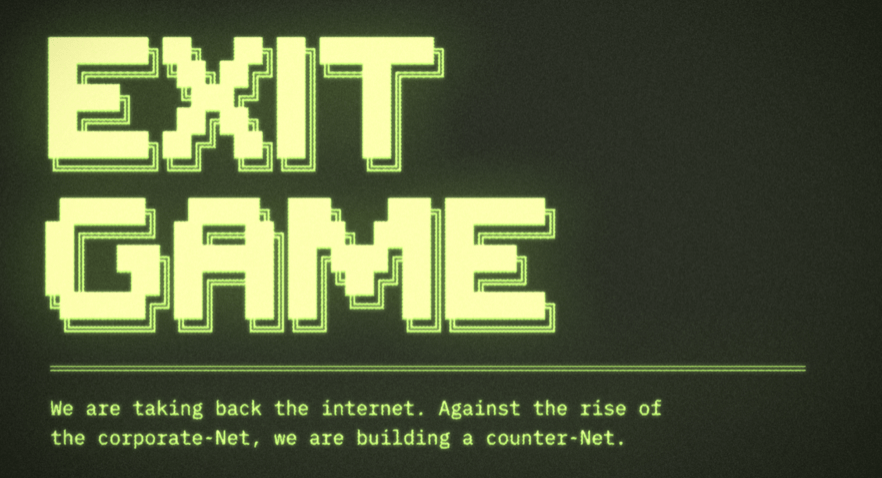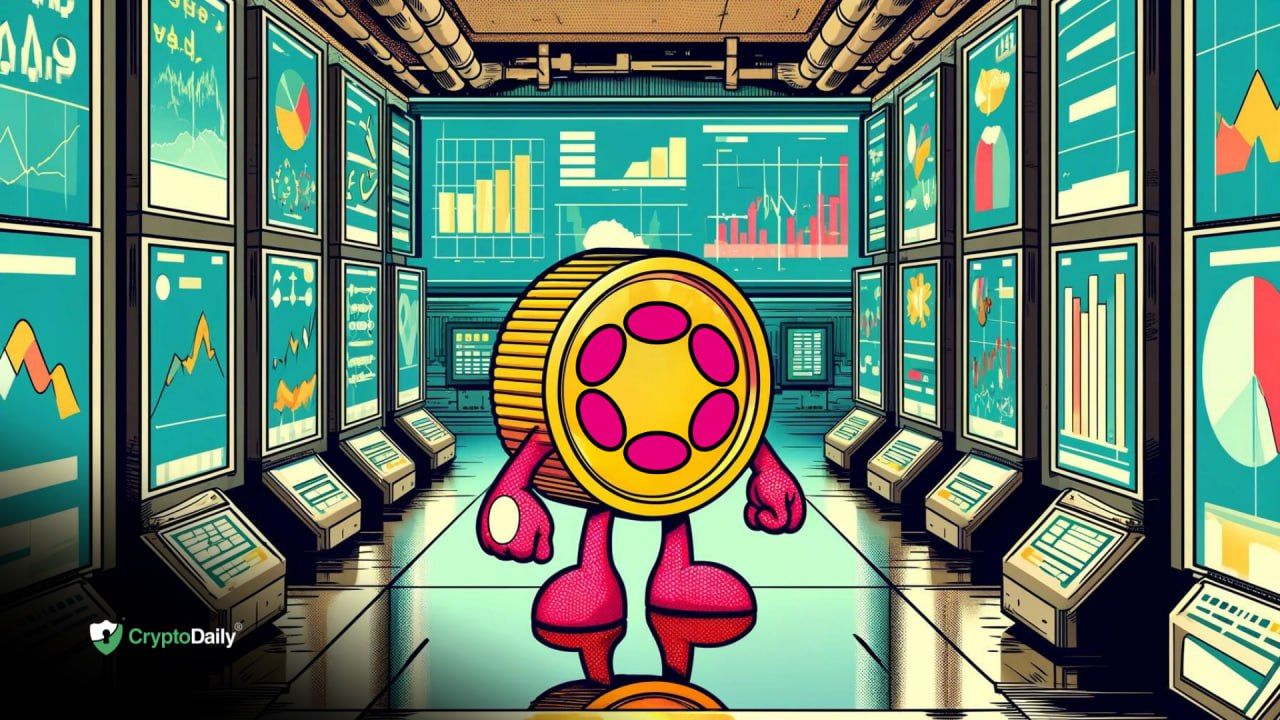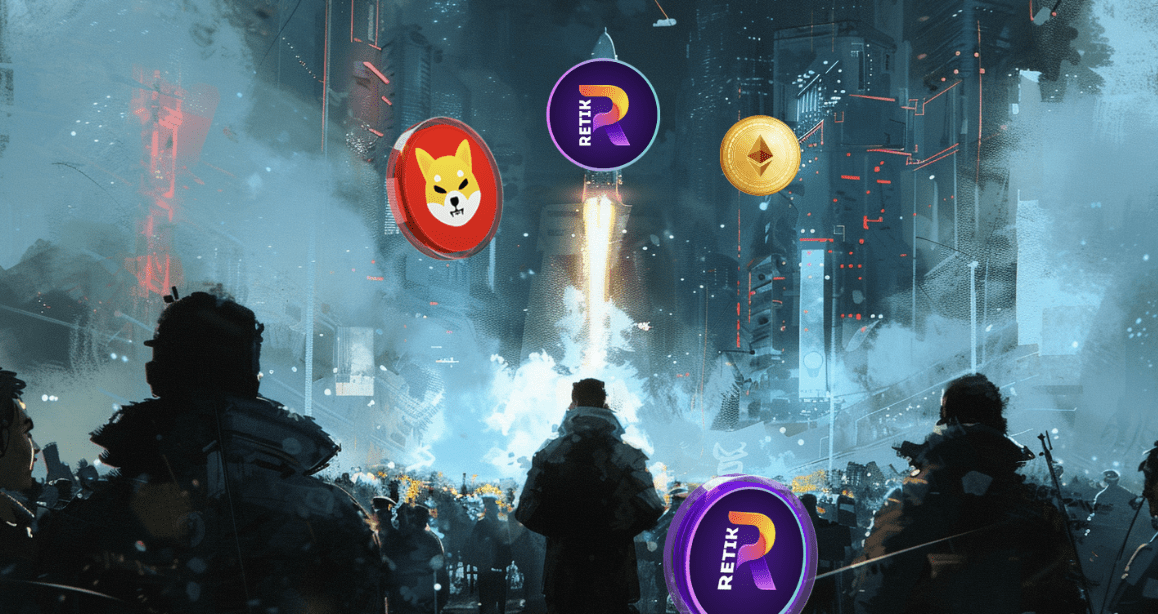Table of Contents
- Operator Filter Falls Short Of Expectations
- Operator Filter Rendered Useless
- Creator Concerns and Redirecting Efforts
- Mixed Reactions from the NFT Community
NFT marketplace OpenSea will be sunsetting its on-chain royalty enforcement tool, Operator Filter.
Operator Filter Falls Short Of Expectations
On Thursday, OpenSea announced on X (formerly Twitter) that it would be removing the Operator Filter tool from its platform. The tool was introduced on the platform back in November 2022 to allow creators to blacklist NFT marketplaces that didn't adhere to royalty enforcement standards. However, according to founder and CEO Devin Finzer, the tool's effectiveness fell short of expectations.
Starting August 31, the Operator Filter will cease to block any marketplaces. For existing collections on non-Ethereum blockchains and those currently using the tool, creator fees will remain enforced until February 29, 2024.
Finzer clarified,
"To be clear, creator fees aren’t going away — simply the ineffective, unilateral enforcement of them."
Operator Filter Rendered Useless
The Operator Filter, touted as a "simple code snippet," aimed to limit NFT sales exclusively to marketplaces that upheld creator fees. Yet, its impact didn't align with the aspirations of its creators, as Finzer pointed out that the NFT ecosystem's support for the tool was insufficient.
Additionally, certain NFT marketplaces like Blur, Dew, and LooksRare managed to bypass the filter by integrating Seaport Protocol, which helped them circumvent OpenSea's blacklist and thus avoid creator fees.
Creator Concerns and Redirecting Efforts
Creators themselves expressed concerns about the Operator Filter infringing upon their control over where their collections were sold.
He said,
“We have heard from some creators that the Operator Filter limits their sense of control over where their collections are sold, and at the same time may collide with a collector’s expectation of full ownership…The Operator Filter’s restrictions come at the expense of decentralized ownership.”
Finzer also emphasized that while creator fees play a role in specific business models, they constitute only one among many revenue streams available to creators. OpenSea is redirecting its efforts toward enabling new use cases, such as digital and physical redeemables, and promoting these use cases more effectively in primary and secondary experiences.
Mixed Reactions from the NFT Community
This decision from OpenSea holds implications for NFT artists seeking passive income. Some creators expressed disappointment, suggesting that collectors should support them on platforms that enforce royalties.
However, a Reddit avatar artist posited that the move might have been prudent, as the existing business model appeared to profit excessively from hype trading.
OpenSea's cessation of the Operator Filter reflects a shift in approach to NFT market dynamics. While the decision might disappoint some in the NFT community, the move aims to strike a balance between creator autonomy and the evolving landscape of NFT technology applications.
Disclaimer: This article is provided for informational purposes only. It is not offered or intended to be used as legal, tax, investment, financial, or other advice.
Investment Disclaimer
